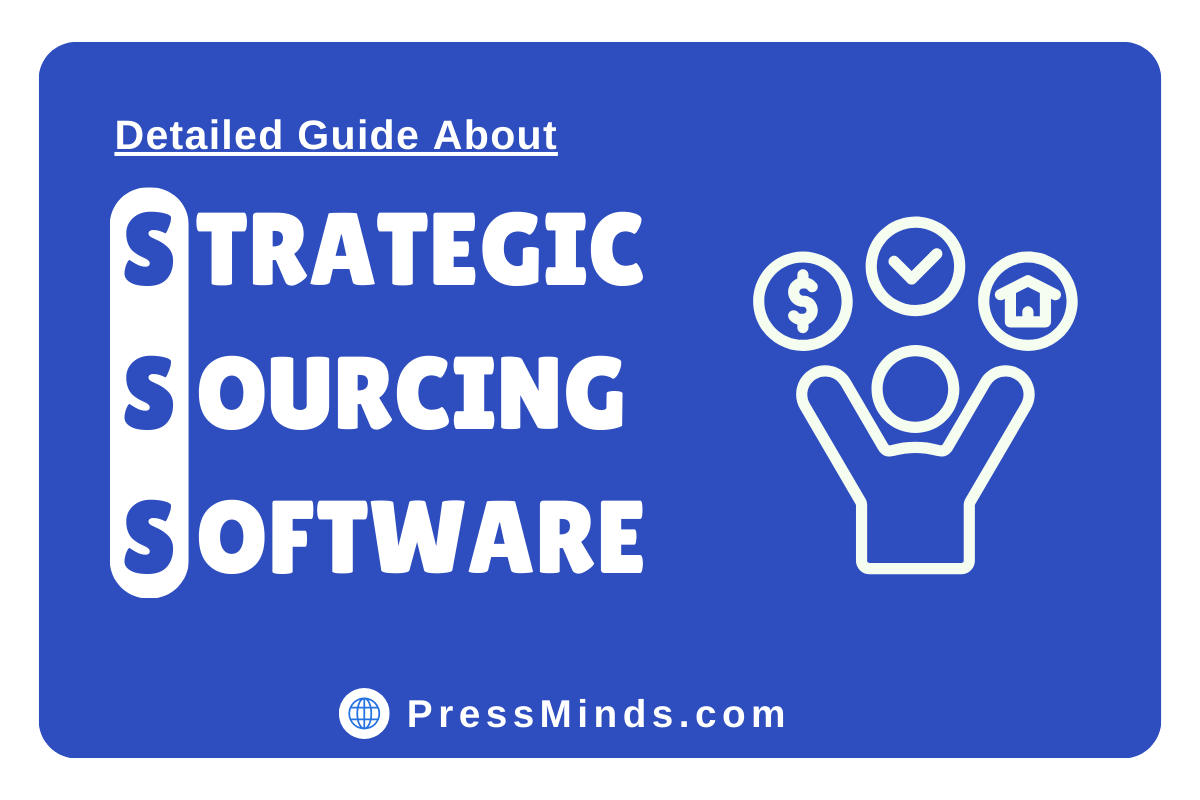Family-owned businesses are the backbone of many economies, often built on passion, tradition, and a deep sense of community. However, managing finances in such businesses can be uniquely challenging. Unlike larger corporations, family businesses often intertwine personal and professional finances, making it crucial to adopt strategies that ensure both the business and the family thrive. …
Top 7 Financial Management Tips for Family-Owned Businesses

Family-owned businesses are the backbone of many economies, often built on passion, tradition, and a deep sense of community. However, managing finances in such businesses can be uniquely challenging. Unlike larger corporations, family businesses often intertwine personal and professional finances, making it crucial to adopt strategies that ensure both the business and the family thrive. Here are seven practical financial management tips tailored specifically for family-owned businesses:
Table of Contents
ToggleSeparate Personal and Business Finances
One of the most common pitfalls for family-owned businesses is mixing personal and business finances. This can lead to confusion, tax complications, and even strained relationships. Open a dedicated business bank account and use it exclusively for business transactions. This separation not only simplifies bookkeeping but also provides a clear picture of the business’s financial health.
For example, if the business needs to invest in new equipment, using personal savings might seem convenient, but it can blur the lines between personal and professional responsibilities. Instead, rely on business revenue or a business loan to maintain clarity.
Create a Realistic Budget and Stick to It
Budgeting is the cornerstone of financial management. For family-owned businesses, it’s essential to create a budget that accounts for both short-term needs and long-term goals. Start by listing all income sources and expenses, including salaries, operational costs, and unexpected emergencies.
Involve key family members in the budgeting process to ensure everyone is on the same page. This not only fosters transparency but also encourages accountability. Remember, a budget isn’t set in stone—review and adjust it regularly to reflect changing circumstances.
Plan for Taxes Throughout the Year
Tax season can be stressful, especially for family businesses where personal and business finances overlap. Avoid last-minute surprises by planning for taxes year-round. Set aside a portion of your revenue for tax payments and keep detailed records of all transactions.
Consider working with a tax professional who understands the nuances of family-owned businesses. They can help you identify deductions, credits, and strategies to minimize your tax burden while staying compliant with regulations.
Build an Emergency Fund
Family businesses often face unique challenges, such as fluctuating demand or unexpected family emergencies. An emergency fund acts as a financial safety net, ensuring the business can weather tough times without compromising its operations.
Aim to save at least three to six months’ worth of operating expenses. This fund can cover unexpected costs like equipment repairs, sudden market downturns, or even personal family needs that might otherwise strain the business’s finances.
Invest in Professional Financial Advice
While family members may wear multiple hats in the business, financial management is one area where professional expertise can make a significant difference. Hiring an accountant or financial advisor can provide valuable insights into cash flow management, investment opportunities, and risk mitigation.
A professional can also act as a neutral party, helping to resolve financial disagreements that may arise among family members. Their objective perspective can prevent conflicts and ensure the business remains financially sound.
Implement Succession Planning
Succession planning is critical for the long-term sustainability of family-owned businesses. Without a clear plan, the transition of leadership and ownership can lead to financial instability and family disputes. Start by identifying potential successors and providing them with the necessary training and mentorship.
Document the succession plan in detail, including how assets will be transferred and how the business will be managed in the future. This not only ensures a smooth transition but also protects the business’s financial stability.
Leverage Technology for Financial Management
Gone are the days of manual bookkeeping and spreadsheets. Modern financial management tools can streamline processes, reduce errors, and provide real-time insights into your business’s financial health.
Consider using accounting software like QuickBooks or Xero to track income, expenses, and invoices. These tools can also generate financial reports, making it easier to make informed decisions. Additionally, digital tools can help you monitor cash flow, manage payroll, and even forecast future financial trends.
FAQs
Q1: How can family businesses avoid conflicts over finances?
A: Open communication is key. Hold regular family meetings to discuss financial matters, set clear roles and responsibilities, and consider involving a neutral third party, like a financial advisor, to mediate disputes.
Q2: Should family members draw salaries or take profits as dividends?
A: It depends on the business’s structure and financial situation. Paying salaries ensures consistent income for family members, while dividends can be more tax-efficient. Consult a financial advisor to determine the best approach for your business.
Q3: How often should we review our budget?
A: Ideally, review your budget quarterly to account for any changes in revenue or expenses. However, major shifts in the business or market may require more frequent reviews.
Q4: What’s the best way to prepare for unexpected expenses?
A: Building an emergency fund is the most effective way to prepare for unexpected expenses. Aim to save enough to cover at least three to six months of operating costs.
Q5: How can technology help with financial management?
A: Technology can automate tasks like bookkeeping, invoicing, and payroll, reducing errors and saving time. It also provides real-time insights into your business’s financial health, helping you make informed decisions.
By implementing these financial management tips, family-owned businesses can not only survive but thrive, ensuring a legacy that lasts for generations.
Subscribe to Our Newsletter
Keep in touch with our news & offers








